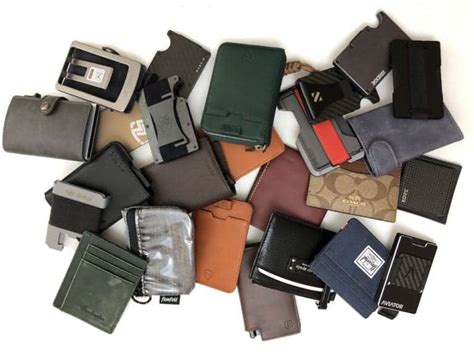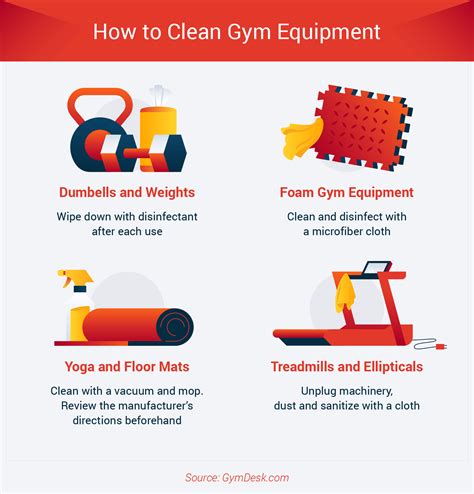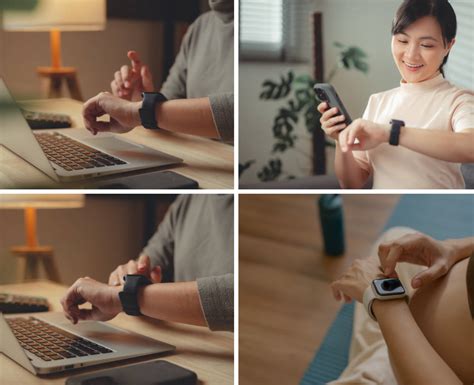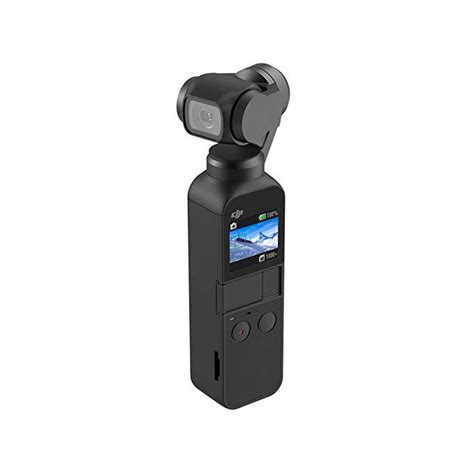The Quest for the Perfect Minimalist & Secure EDC Wallet
In a world where digital transactions are king, the humble wallet has evolved. No longer just a holder for cash and cards, today’s best Everyday Carry (EDC) wallets blend security with an ultra-slim design, specifically tailored for front pocket carry. The challenge? Finding one that offers robust RFID blocking to protect your sensitive data without adding unnecessary bulk.
Why RFID Blocking is Non-Negotiable
Radio-Frequency Identification (RFID) technology is embedded in many modern credit cards, passports, and even some driver’s licenses. While convenient, it also presents a potential security vulnerability. RFID skimming allows criminals with portable readers to covertly scan and steal your personal information from a distance, without ever touching your wallet.
An RFID-blocking wallet creates a protective shield, typically made from metallic materials, that disrupts these radio waves, preventing unauthorized scans. For anyone carrying sensitive cards, this feature is no longer a luxury but a fundamental necessity for peace of mind.

Defining Your EDC & Minimalist Needs
An EDC wallet is designed for daily utility, meaning it should be durable, accessible, and functional for your specific needs. ‘Minimalist’ in this context means carrying only the essentials – typically 4-8 cards and a few bills – to reduce bulk.
Capacity vs. Bulk
The key to front pocket carry is minimizing the wallet’s footprint. Consider how many cards you truly use daily. Do you need quick access to a driver’s license, two credit cards, a debit card, and perhaps a transit pass? Opt for a wallet designed specifically for that capacity, rather than one with excessive card slots you won’t use. Many minimalist designs excel at compact card storage.
Material Matters
The material significantly impacts both the wallet’s bulk and its RFID blocking capability. Common materials include:
- Leather: Traditional, stylish, but can be thicker. Needs an internal RFID-blocking layer.
- Aluminum/Titanium: Naturally RFID-blocking, extremely durable, and very slim. Can be rigid.
- Carbon Fiber: Lightweight, strong, and often integrated with RFID-blocking liners or constructed to block signals.
- High-Tech Fabrics (e.g., Tyvek, Ripstop Nylon): Extremely thin and light, but must have specific RFID-blocking layers built-in.

Key Features to Look For
Quick Access & Organization
A good EDC wallet allows you to retrieve your most-used cards with minimal effort. Features like pull-tabs, quick-access slots, or fan-out mechanisms can significantly improve usability. Well-organized compartments prevent fumbling, which is especially important when you’re on the go.
Durability & Design
Since this wallet will be used daily, durability is crucial. Look for quality stitching (if applicable), robust materials, and a design that can withstand daily wear and tear. Aesthetics are also personal, but a sleek, understated design often complements a minimalist approach.
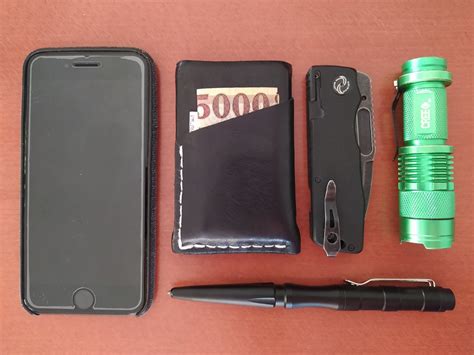
Top Contenders in the Minimalist RFID Wallet Space
While specific brands vary, certain design types consistently deliver on the promise of security and slimness:
Slim Cardholders
These are often just two pieces of material stitched together, designed to hold 3-6 cards and possibly a folded bill. They are the epitome of minimalism and, when equipped with RFID lining, offer excellent protection.
Metal Wallets (Aluminum/Titanium/Carbon Fiber)
Often comprising two plates held together by an elastic band, these wallets are inherently RFID-blocking due to their material. They are incredibly durable, rigid, and prevent bending of cards. Many feature external money clips or elastic bands for cash.

Modular & Hybrid Designs
Some wallets offer modularity, allowing you to add or remove components like money clips or coin pouches as needed. Hybrid designs combine materials, such as a leather exterior with a metal interior frame for both style and security.
Making Your Choice
Ultimately, the best EDC wallet with RFID blocking for you will depend on your personal carrying habits and aesthetic preferences. Prioritize how many cards you need to carry daily, the importance of quick access, and the level of material durability you desire. Always double-check that ‘RFID blocking’ is explicitly stated in the product description, as not all slim wallets offer this crucial security feature.
By focusing on these key aspects, you can confidently select a wallet that keeps your data secure, fits comfortably in your front pocket, and serves your everyday carry needs efficiently.
